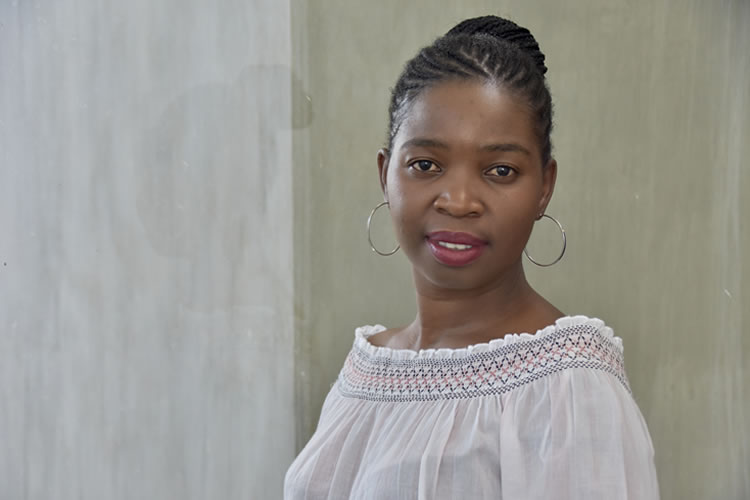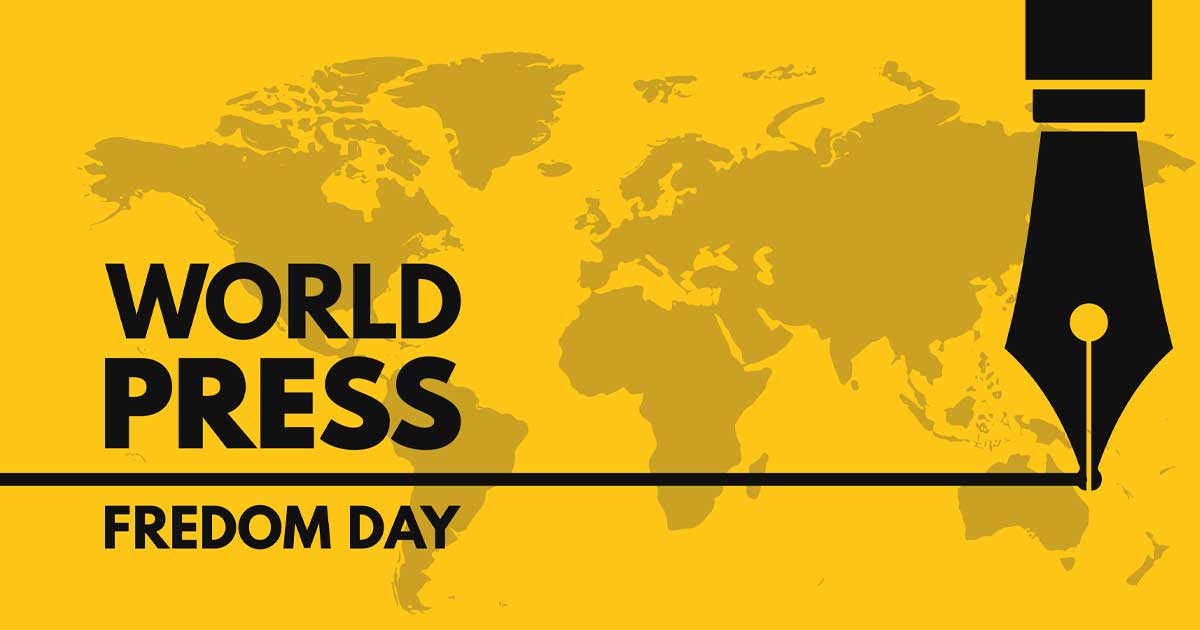Reporting in the Brave New World: The Impact of Artificial Intelligence on Press Freedom and the Media
On the occasion of World Press Freedom Day, which was commemorated on 3 May 2025, the Centre for Human Rights, Faculty of Law at the University of Pretoria joined the global community in reaffirming the importance of press freedom as a pillar of democratic societies and a safeguard for the protection of human rights.
This year’s theme, “Reporting in the Brave New World: The Impact of Artificial Intelligence on Press Freedom and the Media”, calls attention to one of the most profound transformations facing journalism today: the rise of artificial intelligence (AI) and its far-reaching implications for media independence, integrity, and accessibility.
AI technologies are reshaping the landscape of journalism at an unprecedented pace. From automated fact-checking and real-time content curation to multilingual translations and newsroom efficiency tools, AI presents powerful opportunities to support the core functions of journalism. It allows for faster reporting, enhanced data analysis, and broader audience reach, all of which are essential in a fast-changing digital information ecosystem.
However, this technological transformation also comes with urgent and complex challenges. AI systems, when deployed without proper oversight, can compromise editorial independence, entrench bias, and amplify false information including disinformation and misinformation. The algorithms that now filter and prioritise the news consumed by millions often operate without transparency, accountability, or ethical scrutiny. This undermines public trust and threatens the pluralism and diversity that are the lifeblood of a healthy media environment.
Of particular concern is the potential for AI to reinforce historical injustices. Algorithms trained on biased or incomplete datasets can reproduce and magnify the exclusion of already marginalised communities. In African contexts, where digital inclusion and media diversity remain uneven, such technological biases risk deepening inequality and further silencing underrepresented voices.
Equally troubling is the increasing use of AI-powered surveillance against journalists, activists, and dissenters. From predictive policing tools to facial recognition systems, governments, especially authoritarian regimes, have employed AI to track, intimidate, and silence those who report truth to power. These practices violate privacy rights and freedom of expression, and also deter sources and whistleblowers, thereby weakening the media’s role as a watchdog of democracy.
The Centre for Human Rights echoes calls by civil society organisations and global human rights bodies for immediate safeguards to be enacted. This includes transparency in algorithmic decision-making, legal prohibitions on AI surveillance of journalists, and the development of binding international frameworks to protect digital rights in the age of AI. The African continent, in particular, must not be left behind in shaping global AI governance norms. Policymakers, civil society, academia, and the private sector must collaborate to ensure that Africa’s media landscape evolves on principles of equity, justice, and accountability.
At the same time, we must not overlook the positive potential of AI. With responsible design and ethical use, AI can be a powerful ally in strengthening press freedom. Tools such as Otter.ai, NewsWhip, and Dataminr have already begun assisting journalists with real-time insights and automated transcription, helping them respond swiftly to breaking news and focus on investigative storytelling. AI-driven initiatives like Mozilla’s Common Voice and Google’s Project Relate offer promising paths toward linguistic and accessibility inclusion, ensuring broader participation in the public discourse.
In Africa, where many newsrooms face resource constraints, AI can provide much-needed efficiency and reach. However, adoption must be guided by clear editorial ethics, rigorous training, and locally relevant standards. We encourage investment in AI literacy within journalism schools and media houses, and urge partnerships between African institutions and global technology developers to co-create tools that reflect the continent’s linguistic, cultural, and socio-political contexts.
As we commemorate World Press Freedom Day 2025, the Centre for Human Rights reiterates that press freedom is not merely a principle, but a lived and hard-won reality that must be vigilantly defended, especially in times of technological upheaval. The advent of AI presents a fork in the road. We can choose a path where algorithms manipulate, surveil, and silence. Or we can choose a path where AI is harnessed to inform, empower, and protect. The choice we make today will shape the future of journalism and the democratic values we hold dear. Let us stand together, to ensure that, even in the age of AI, the truth remains human.
For more information, please contact:

Tel: +27 (0) 12 420 4199
Fax: +27 (0) 86 580 5743
Hlengiwe.Dube@up.ac.za


